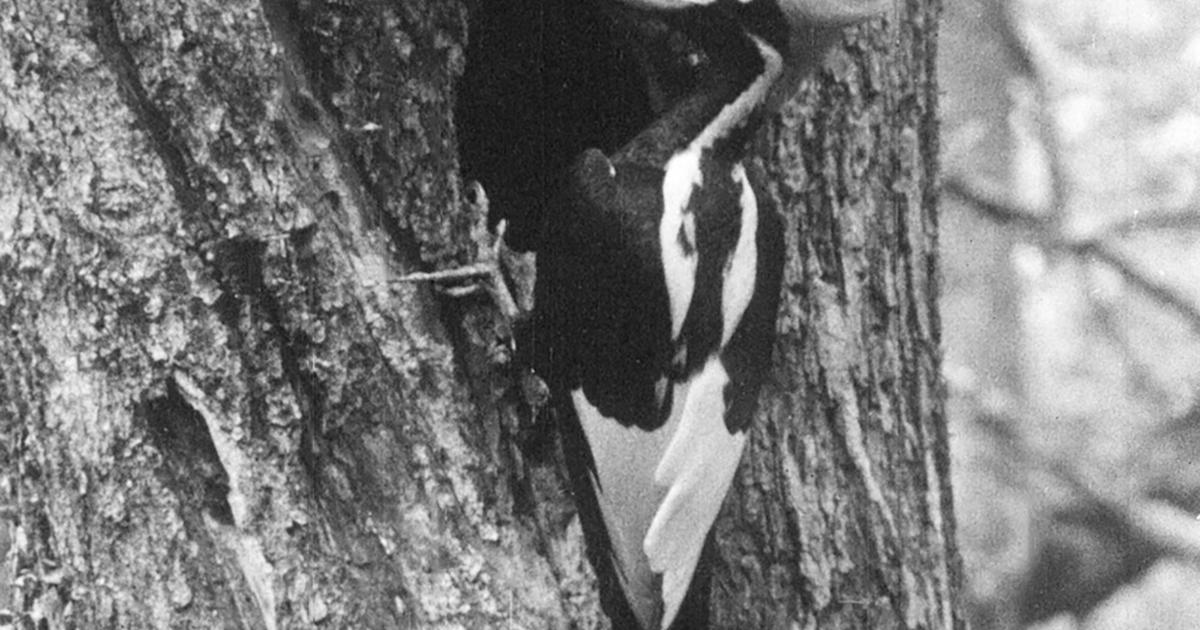For Winnipegger Terry Doerksen, a Thanksgiving pilgrimage by oxcart from the junction of the Rat and Red rivers is a way to honour his Mennonite ancestors who came to Manitoba from Russia in 1875.
It’s also a way to thank the Métis people who helped them when they arrived in the province almost 150 years ago, and to acknowledge the Indigenous people who were forced from their land to make way for the new settlers.
The 59-year-old electrician set out Friday morning with his wife, Patty, 61, headed for Blumenort, 34 kilometres away to the east, travelling at a top speed of three kilometres an hour behind their ox, Zik. They plan to arrive Sunday.
The pilgrimage is a way “to experience, in a small way, what my ancestors did in coming to a new land, and to thank the Métis who met them with carts to help them get to their new homes,” said Doerksen.

MIKAELA MACKENZIE / WINNIPEG FREE PRESS
Terry Doerksen set out Friday morning with his wife headed for Blumenort, travelling at a top speed of three kilometres an hour behind their ox, Zik.
At the same time, the members of Gateway Church, a non-denominational congregation in East Kildonan, want to give thanks to the Indigenous people “who shared their corner of Manitoba with the new immigrants, even though I wish things had been handled much differently,” he said.
He also will give thanks to “Jesus, the Good Shepherd, who led a little flock from Russia to Canada and continues to shepherd their descendants to this day,” he added.
Doerksen’s Mennonite ancestors, among them 10-year-old Gerhard Doerksen — his great-grandfather — arrived at the Rat River by paddlewheel steamship from the U.S. in 1875. The spot is now known as Menno Landing, and is the place where the couple started their pilgrimage.
On their way to Blumenort they will pass the site of the immigration sheds near Niverville, where the first Mennonite immigrants were taken by their new Métis neighbours to “catch their breath, get deloused and buy supplies before heading to their new homes,” he said.
The oxcart cost about $800 for materials. It was made by his friend and former boss Phil Doerksen. It took him about 200 hours to create.

MIKAELA MACKENZIE / WINNIPEG FREE PRESS
The oxcart cost about $800 for materials. It was made by his friend and former boss Phil Doerksen.
A fusion between Métis and Mennonite, the oxcart was built following traditional Métis plans with an old pew from a Mennonite church for a seat. “Complete with the hymnal rack on the back,” he said.
While riding, Doerksen will wear authentic Métis clothing.
“I checked with Métis friends first to make sure that was OK,” he said, adding “I like history and am always interested in what people experienced in the past, what life was like for them.”
He will also use the time to pray for the communities he passes through, and for the whole province — a continuation of a 110-kilometre prayer walk he made around Winnipeg from spring through fall in 2014.
The Thanksgiving pilgrimage is a dry run for a longer oxcart trip the couple is planning from Winnipeg to St. Paul, Minn., next summer following the old Red River Trail, a journey of 869 kilometres.

MIKAELA MACKENZIE / WINNIPEG FREE PRESS
The Thanksgiving pilgrimage is a dry run for a longer oxcart trip the couple is planning from Winnipeg to St. Paul, Minn., next summer following the old Red River Trail, a journey of 869 kilometres.
While enormously grateful for the way Canada welcomed his ancestors, giving them “free” land in the province and freedom to follow their Mennonite faith, he also knows their arrival came at a cost to the original inhabitants.
“The Anishinaabe were the caretakers of this corner of the country,” he said, noting the Creator had given them everything they needed to live here.
Do you appreciate the extensive faith coverage by the Free Press? Become a supporter of the Religion in the News project! Your contribution of $10, $25 or more can help us keep offering trusted coverage of faith in Manitoba.Become a supporterClick here to learn more about the project.
Before the Mennonites arrived, they were told to choose a new block of territory to live in, equivalent to the amount of land being occupied by Mennonites.
“Even though I know the whole land had been theirs before, I’m glad that at least they didn’t get less than the newcomers,” he said, noting they chose the Roseau River Reserve and the Brokenhead Reserve for their new homes.
As a result of this displacement, “My feelings are deeply mixed,” he said.
“I am so thankful that 146 years after my ancestors landed here, I have a wonderful place that I can call my home. Yet I am so sad that my gain came at such a loss to those entrusted by our Creator as stewards of the land.”
One day he hopes to acknowledge his debt to the Anishinaabe of Roseau River in a more substantial way. But now all he wants to do through the pilgrimage is thank God and say to them “from the bottom of my heart, ‘Miigwech.’”
faith@freepress.mb.ca

John Longhurst
Faith reporter
John Longhurst has been writing for Winnipeg’s faith pages since 2003. He also writes for Religion News Service in the U.S., and blogs about the media, marketing and communications at Making the News.
Note: This article have been indexed to our site. We do not claim legitimacy, ownership or copyright of any of the content above. To see the article at original source Click Here













